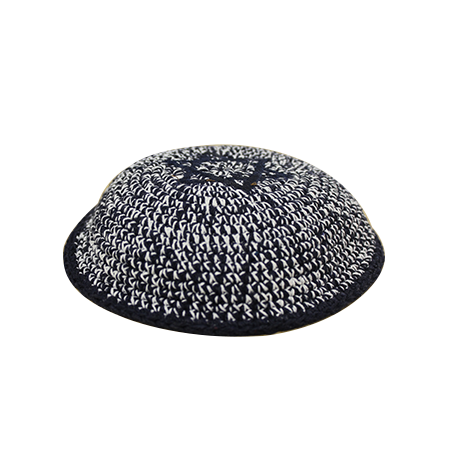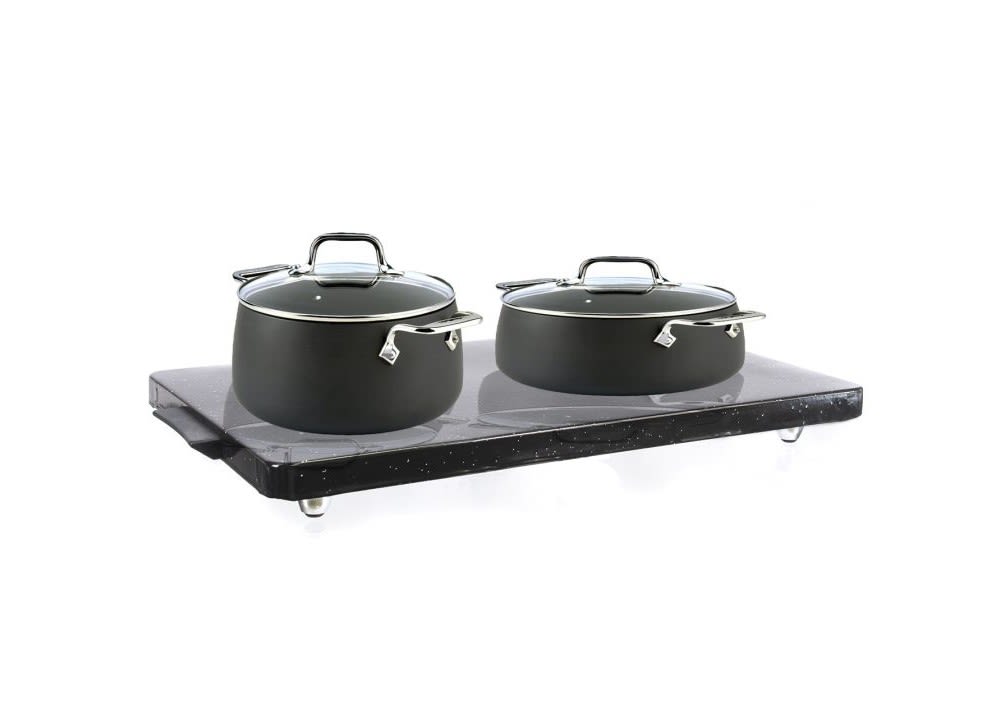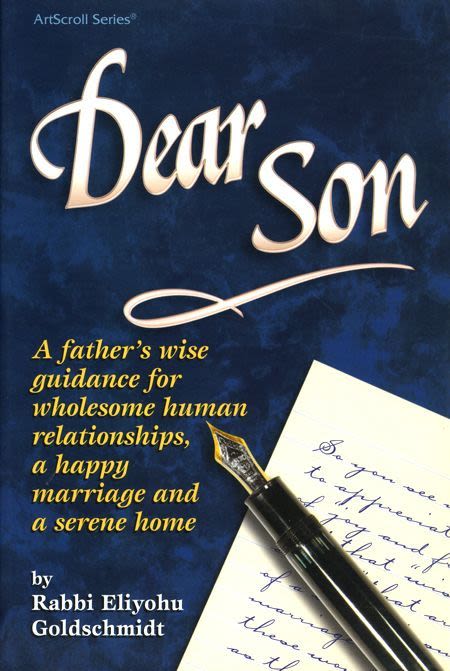
Bo: The Importance of a Good Beginning
To this day, even after the destruction of our Holy Temple, we are required to sanctify not only our firstborn sons, but our firstborn cattle as well...

“Sanctify to Me each firstborn . . .” (Shemot 13:2).
To this day, even after the destruction of our Holy Temple, we are required to sanctify not only our firstborn sons, but our firstborn cattle as well. The connection between the firstborn and his sanctification carries an underlying message that stresses the importance of a good beginning.
Rebbe Nachman of Breslev writes, “The beginning is the main thing, for all beginnings are difficult… a person’s functioning goes according to the power and enthusiasm that he invested at the beginning… therefore, a person must always make a new beginning, for the old beginning might not have been as good as it should have been, and everything goes according to the beginning” (Likutei Moharan I, 62:5).
Some people, rationalizing and/or apologizing for a lack in their service to Hashem, walk around with a long face, depressed and discouraged. They say: “What do you want from me? Was I born the son or daughter of a Rebbe or a Rosh Yeshiva? I never had the chance to learn Torah or Halacha properly, and you can’t teach an old dog new tricks.”
Any student of Breslov thought must vehemently disagree. Rebbe Nachman gives a bright ray of hope and encouragement to anyone that didn’t enjoy an ideal beginning in life or in any particular endeavor when he says, “A person must always make a new beginning!” The outcome of this simple but monumental teaching is that there is no reason for despair – ever! At any given time, a person can draw the line and say that the past is no longer a concern – “From this moment on, I declare a new beginning!”
Rebbe Nachman practiced exactly what he preached. Reb Natan writes (Shivchei HaRan, 6), that Rebbe Nachman was accustomed to constantly begin anew. “Whenever he fell from his particular level, he did not give up. He would simply say, ‘I will begin to devote myself to Hashem and this is the very first time.’ This happened time and again and each time he would start all over again. He would often begin anew many times in a single day. For even in the course of a day there were many times when he would fall away from his high level of devotion. But each time he would start again, no matter how many times it happened, even within a single day.”
The mitzvah of teshuva, returning to Hashem, is Hashem’s written guarantee that a new beginning is not only effective, but it’s even better than the old beginning. This law of spirituality also applies to the physical world; a welded piece of metal is stronger than the original piece of metal, a new growth of a tree is more vital than the old growth, and so forth. With Hashem’s loving help, the following parable will further elaborate on the importance of a new beginning:
It was the middle of the winter in the dark Ukrainian forest. Two wild turkeys looked high and low for something to eat, but found nothing but snow and dry leaves. Nothing much remained of either bird except bones and ruffled black feathers. One turkey gobbled in hunger. The other silenced him: “If you keep complaining, we’ll end up being dinner for the wolves – they’re as hungry as we are!”
Suddenly, they encountered an old owl high up in a poplar tree. “Excuse us, comrade Owl – could you tell us where to find a grain of corn or two – we’re starving!”
The owl who-whooed and told the two turkeys to walk (or fly) for two miles down the road, where they will find an old silo filled with grain. The owl then flew away, to find itself a perch where his lofty thoughts wouldn’t be interrupted by turkeys.
The turkeys looked at each other in confusion; directly in front of them was a crossroads – they had forgotten to ask the owl whether to walk two miles to the right or to the left. They knew that humans lived in one direction and wolves in the opposite, but they didn’t know which way was which. “If our first step is wrong, we’re doomed to be tonight’s main course in the wolves’ den,” lamented the first turkey. The second turkey nodded, and agreed that hunger was a better fate than being devoured by the razor-toothed carnivores.
They chose the left road, and with trepidation, began their trek to the unknown. They heard howling from deep within the forest, and rustled their feathers in a shiver of fear. “This is the end!” they moaned.
Suddenly, they met a squirrel scurrying up an old oak. “Squirrel, squirrel, help us,” they cried. “Where does this road lead to?”
“It leads to the wolves’ den, silly turkeys! Don’t you know that you’re in danger!”
The turkeys gobbled and wailed in despair, and the squirrel only giggled, munching away at an acorn. “Why do you ridicule us, squirrel? Don’t you have pity for two birds about to die?”
The squirrel nearly fell off his branch from laughter. “About to die? I always heard that turkeys lack sense, but I never realized to what extent. Turn around, silly turkeys, and fly as fast as you can right out of here! Just start a new beginning in the opposite direction, and you’ll reach a silo full of grain. Stop your despair and depression, just get up and start anew!”
Thanks to the squirrel, the turkeys backtracked, returned to the crossroads, and then took the road to the right. By virtue of their new beginning, not only did they avoid the bitter fate of being prey to the wolves, but they had the feast of their lives at the old corn silo.
Many of us become discouraged and depressed from time to time because of life’s setbacks. In reality, a discouraged and depressed person is no better than a senseless turkey that believes it’s doomed to fate. Rebbe Nachman promises us that all we have to do is to declare a new beginning, and start all over with enhanced faith and enthusiasm. The new beginning is one of the greatest gifts Hashem gives to mankind. Whenever we want, we can improve our lives by declaring a new beginning and by choosing a new road – the road of teshuva and emuna – that guarantees wonderful rewards in this world and the next. May we all merit serving Hashem with fresh new beginnings always, Amen.












Tell us what you think!
Thank you for your comment!
It will be published after approval by the Editor.